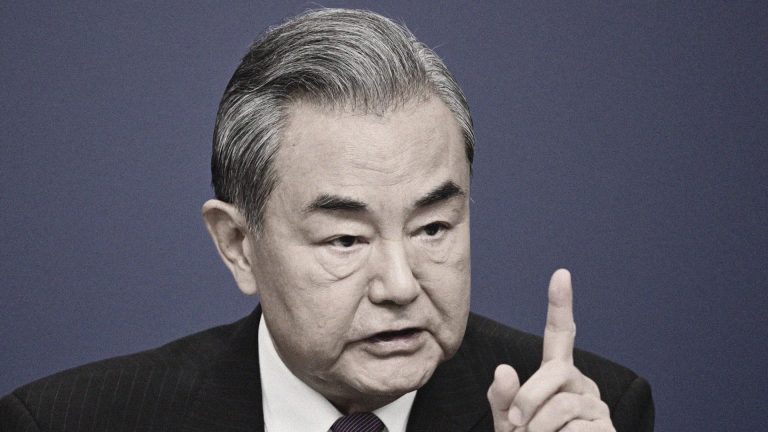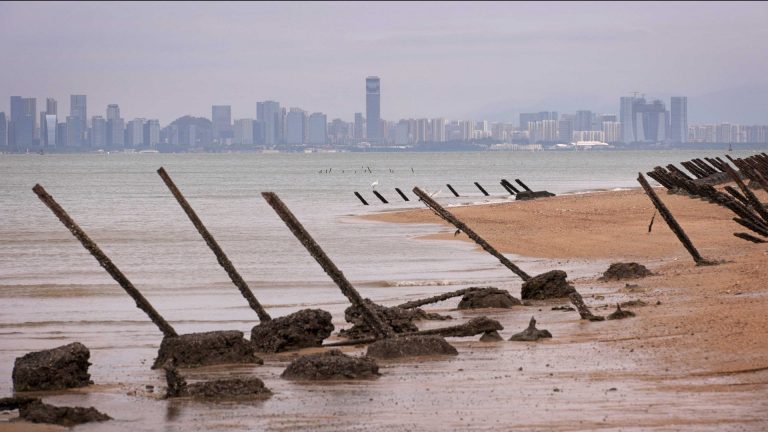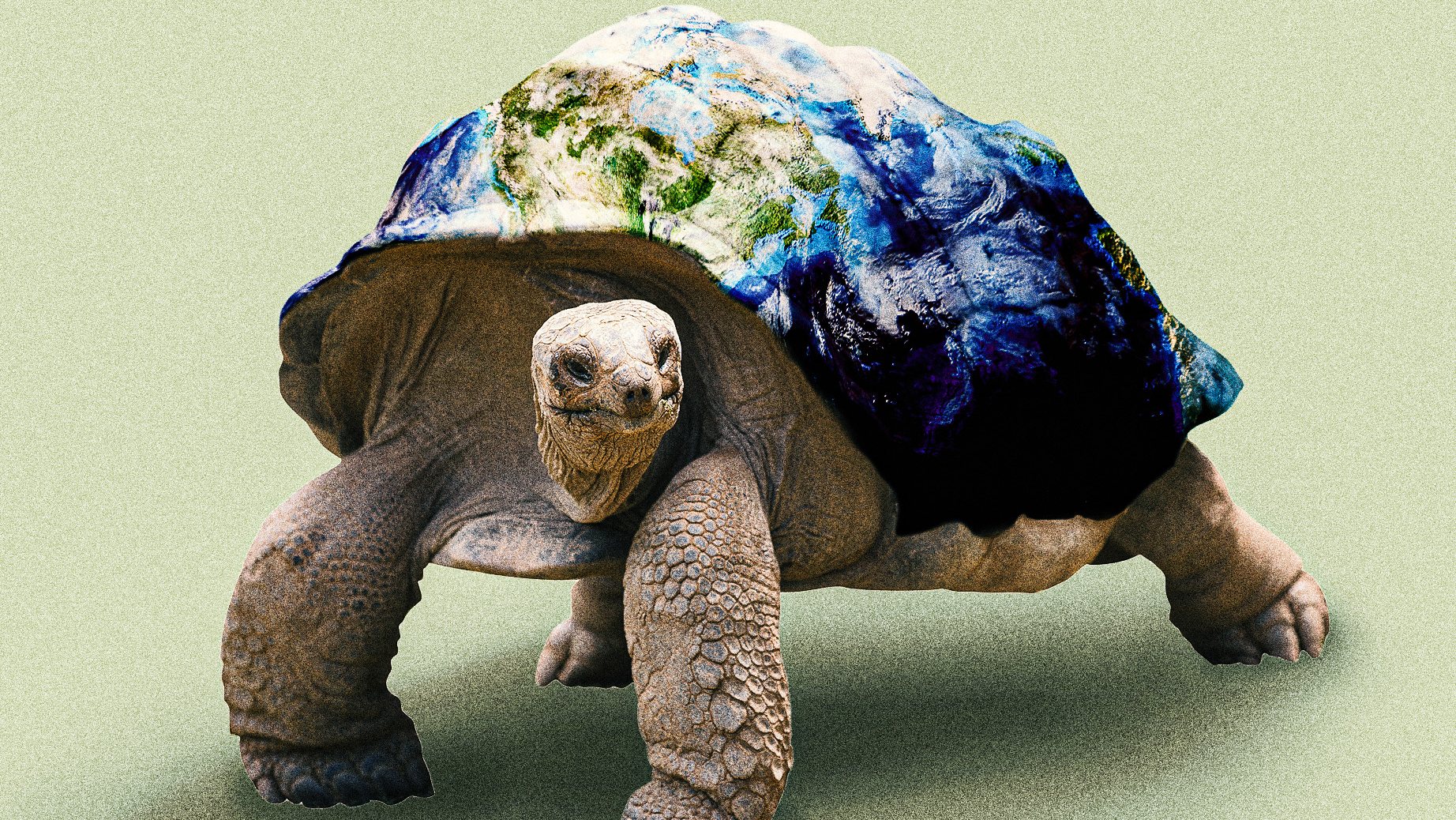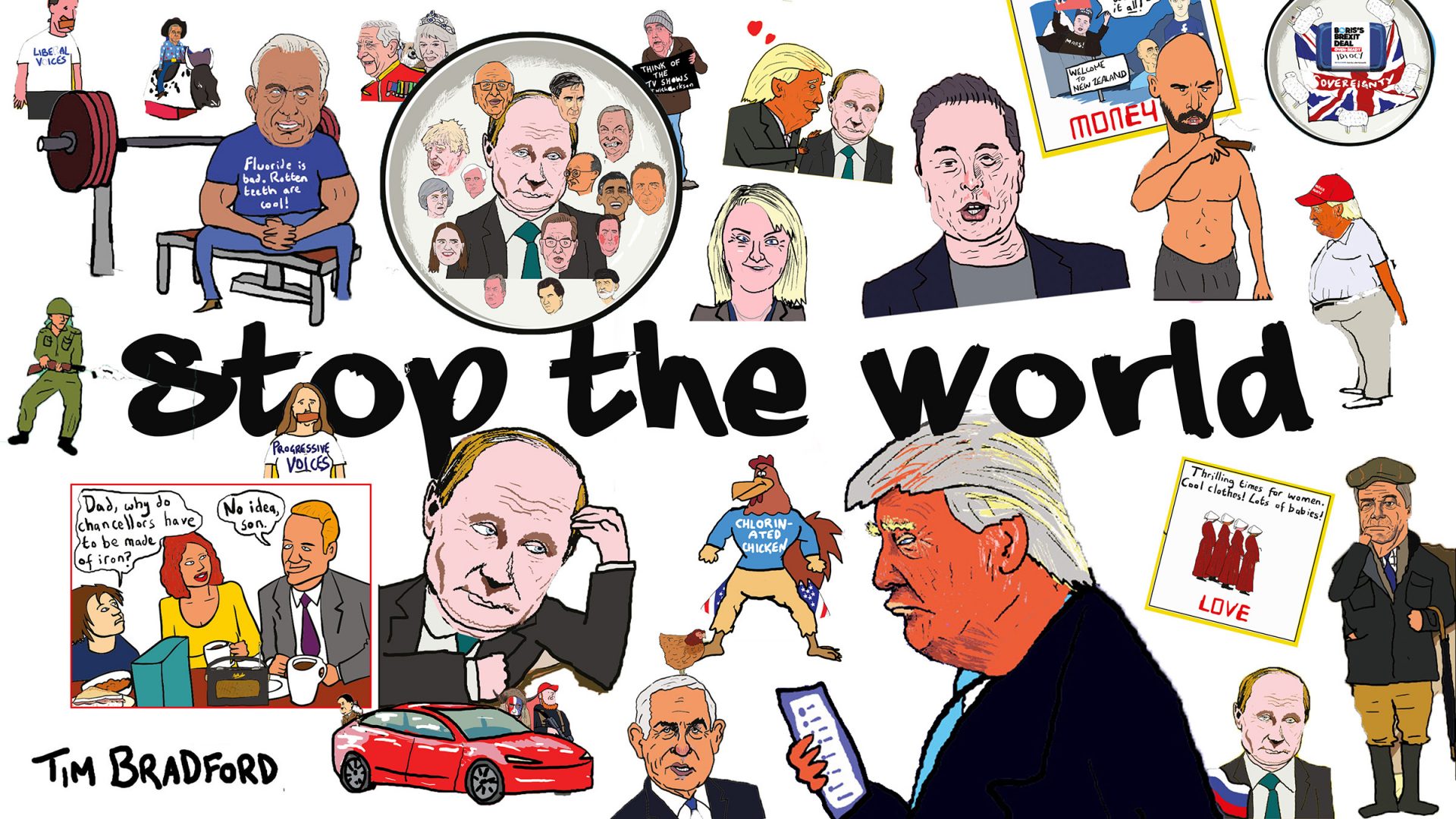On Saturday, June 14, the 250th anniversary of the founding of the US Army and also – coincidentally or otherwise – his own 79th birthday, Donald Trump finally got the military parade through Washington DC that he’d desired since early in his first term.
Judging by the pictures, it wasn’t everything he’d imagined. Trump had long hoped for the US to pull off a huge militaristic parade of the sort carried out in Russia or North Korea, autocracies parading masses of troops and tanks to delight their dictators.
But democracies rarely attempt such pageantry, and the USA’s was half-hearted at best. Sparse crowds watched as historical military hardware rolled past them, while the media fretted that it would ruin DC’s roads.
Shambolic though it was, the symbolism of the moment showed Trump inching ever closer to being one of the autocrats whose style he so admires. He could have waited a few more weeks and had the parade on July 4, the birthday of the nation, or held out still further and had it to mark the 250th anniversary of the Declaration of Independence. Instead, it was rushed through to coincide with his own birthday.
Meanwhile, when not organising badly planned and sparsely attended shows of military strength, Trump’s administration is sending out squads of masked men to snatch people from the street. It is illegally shutting down public media agencies, in defiance of Congress. It is defying court orders. It is ordering military strikes without bothering to comply with domestic, let alone international, law. Through it all, Trump himself is becoming more volatile, harder to control by his aides, and visibly less able to control his emotions in public.
But Donald Trump is hardly the only world leader to be growing more autocratic as he gets older and spends more time in office. A quarter of a century on from a time when men in their 40s and 50s seemed to hold sway – Bill Clinton, Tony Blair, Gerhard Schröder and Vladimir Putin among them – the countries most likely to shake the planet’s foundations are all run by men in their 70s, all seemingly with one eye on writing themselves an even longer chapter in the history books.
July 1 marked the fifth anniversary of the constitutional referendum in Russia that made it possible for Putin, regarded as a liberal reformer when he first took the presidency in 2000, to remain in office until at least 2036.
Early July also marks seven years since Turkey’s Recep Tayyip Erdoğan became the country’s executive president, limiting the power of its parliament to rein him in and marking the moment when a once democratic nation ceased to function as such. The mayor of Istanbul, Erdoğan’s only remotely viable political rival, was sentenced to imprisonment within days of announcing he would launch a campaign for the presidency.
That’s three world leaders in their 70s, all growing more authoritarian the longer they stay in office – and as any journalist knows, three is a trend. But there are others to add to the pile. Before the October 7, 2023 attacks, Israel’s Benjamin Netanyahu was threatening the judicial independence of his own country in a movement that was bringing throngs of protesters to the streets every weekend – partly to keep himself out of jail amid a long-standing corruption case.
Netanyahu has been accused of drawing out the subsequent conflict in Gaza and with many of Israel’s neighbours and rivals, in part to delay the investigations into how the October attacks could have happened, and to indefinitely postpone his previous legal woes. Israel’s democracy is increasingly fragile, as Netanyahu abuses his far right coalition to cling to power.
Suggested Reading


Our media obsession with Trump is playing into China’s hands
India, long referred to as the world’s largest democracy – and the world’s most populous country full stop – is in a similarly parlous position. The 74-year-old Narendra Modi is in his third term in power, and has relied upon nationalism and stirring up sectarian and religious hatreds to stay in office. In recent months, those came close to leading India into a war with Pakistan, an alarming prospect for the world, given both nations are nuclear powers.
Rounding out the gang of authoritarians is, of course, China’s Xi Jinping. No one would have called China a democracy when Xi rose to power, but the country was a one-party state rather than an autocracy run by a single man.
Yet over the course of his decade as leader, Xi has eliminated those internal factions and abolished the time constraints on his own reign. Not since Mao Zedong has power in China been so concentrated in the hands of one man.
America and Russia remain the world’s military superpowers. China and India have a third of the world’s population between them, and are the drivers of the world’s future economic growth. Turkey and Israel may be smaller, but are strategic linchpins around which much of the world’s future turns. And all six are controlled by men with ever-more dictatorial tendencies, all of them in their 70s.
The six leaders between them have been in power for more than 80 years – Trump himself is very much the ingénue, with a mere four and a half years in office (Putin is the old-timer, with 25 years and counting). Four people in 10 on the planet live in countries they control, and the six countries make up around half of the world’s GDP – and close to two-thirds of its military spending.
None of the countries seem to have the checks and balances we’ve long been told are a cornerstone of functioning democracies. America’s might still exist on paper, but Trump is operating largely unchecked – and the other leaders are even less constrained than he.
Half the world is run at the whims of six old men, even as we largely fret about other issues, such as the crisis of young men, or political polarisation, or the rise of big tech. Perhaps the thing that should have been worrying us all along was less a billionaire boys’ club as a septuagenarian strongman society.
To note that all of these men are in their 70s is not an attempt at taking a cheap shot: it feels like more than just a coincidence, and it certainly comes with consequences. Our chances of developing dementia or other cognitive conditions dramatically increases with age, especially towards our late 70s.
Even if we’re in good health, our thinking changes in our 70s. At that age, we’re losing grey matter in our brains every year, with measurable effects. Our ability to retain new information drops markedly – recall of word lists drops around 25% among people in their 70s versus younger adults. We are slower to pick up new tasks or adapt our thinking to new circumstances. We have less mental flexibility.
Suggested Reading


The silent threat of China
By that age, even in the best of circumstances, our minds simply aren’t working as well as they did a decade or two earlier – and running a large nation is anything but the best of circumstances. Think of the pictures of Tony Blair entering Downing Street in 1997 versus those of him leaving in 2007, or of Barack Obama in January 2009 compared to January 2017.
Decision-making on the scale that world leaders are expected to achieve is draining even for men in their relative prime. Five of the six men running half the world have been in charge of their respective countries for more than a decade already – and the sixth, Donald Trump, is the oldest of the group.
World leaders lose touch with reality over time. Even Margaret Thatcher’s most ardent supporters concede she had become far too high-handed by 1990, which played a huge role in her own downfall. Leaders double down on their instincts, develop a bunker mentality, and become less effective.
All of this old guard have concentrated power around themselves and acted against anyone who might threaten it. Even in the countries that might still just about qualify as democracies, anything that threatens the leader comes under significant attack. None of these six leaders is known as a man who takes negative feedback well.
All of this is happening as the world is changing faster than ever. The consequences of climate change are becoming ever more apparent with each year that goes by, but the world is run by men who grew up before it was a known issue and who won’t be around when the worst of its consequences are felt. Half the world’s population is aged 31 or younger – but these men have grandchildren that age.
It is easy to look at the maelstrom of chaos that is the US right now and to imagine its situation is unique, to see the bizarre decade-long chain of events that has handed near-absolute power to Donald Trump, a man who seems determined to impose a tyranny of bullshit.
Looking a bit more widely, though, makes Trump look oh so much more predictable. No, he doesn’t act like other democratic leaders, but when you look at him among other would-be autocrats, he slots right in like a missing piece in a jigsaw puzzle. All rely upon nationalism to keep themselves in power, all seek to undermine any institution that would hold them to account, and all grow more erratic the longer they are in power.
A handful of ageing strongmen cling to power, answerable to no one, yet deciding the fate of billions. Six men, moulded by the last century, are steering this one – and the only question now is how long before their grip can be loosened.




